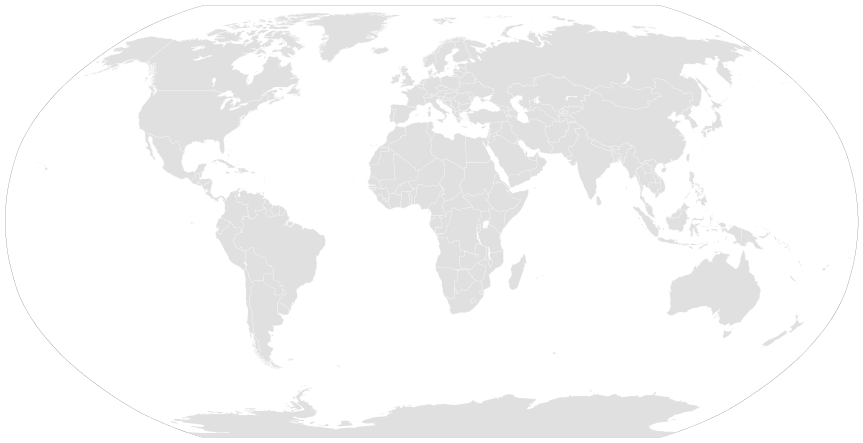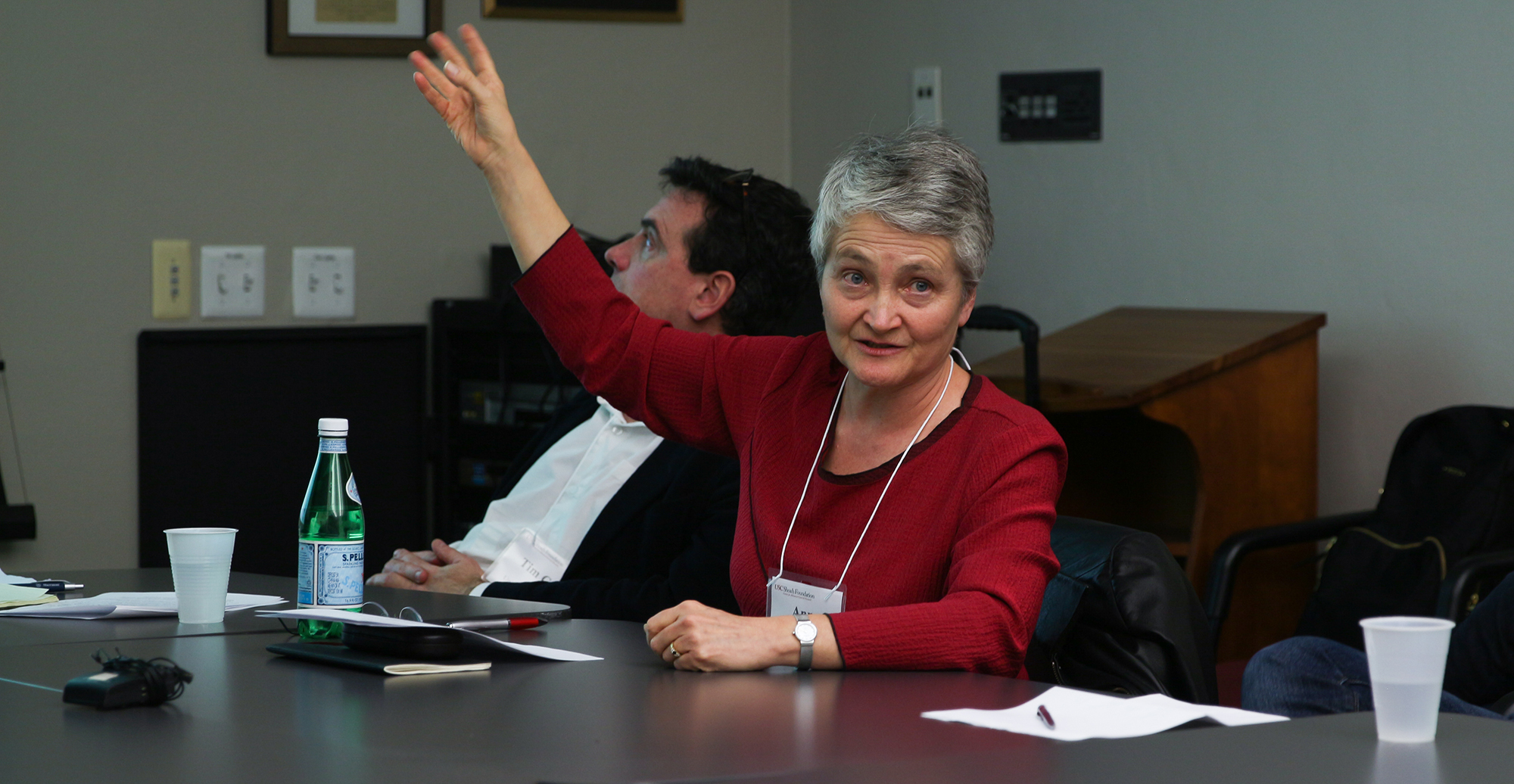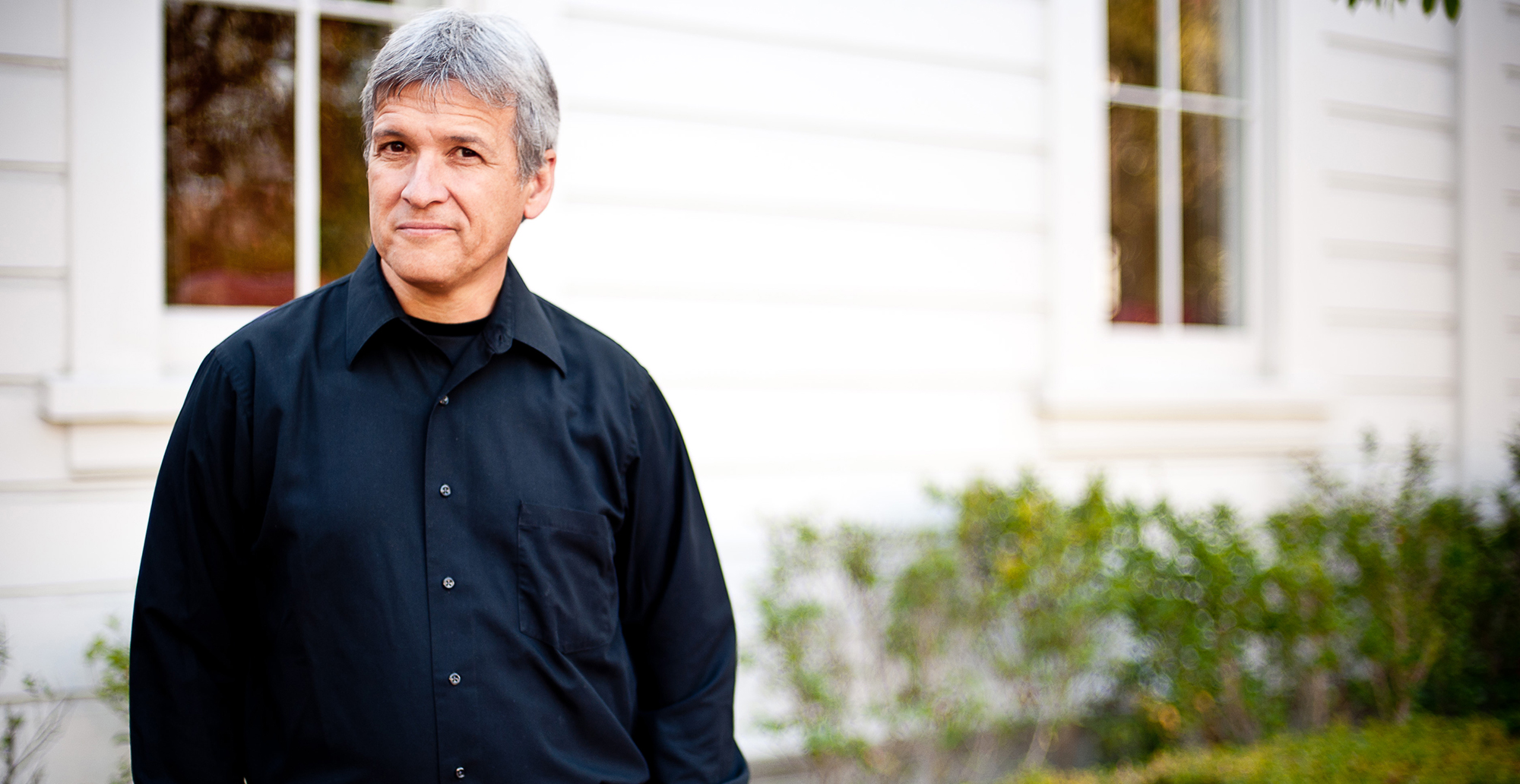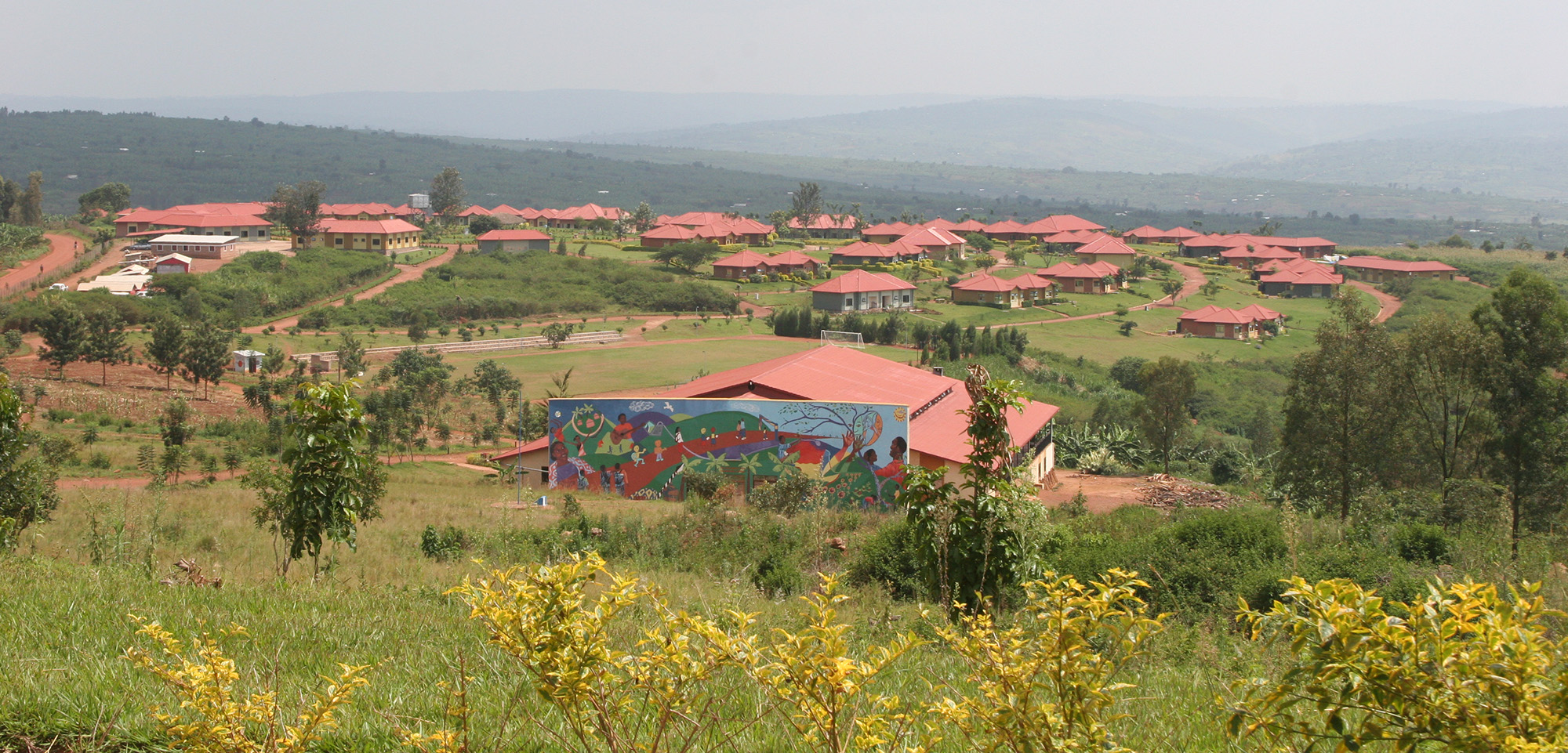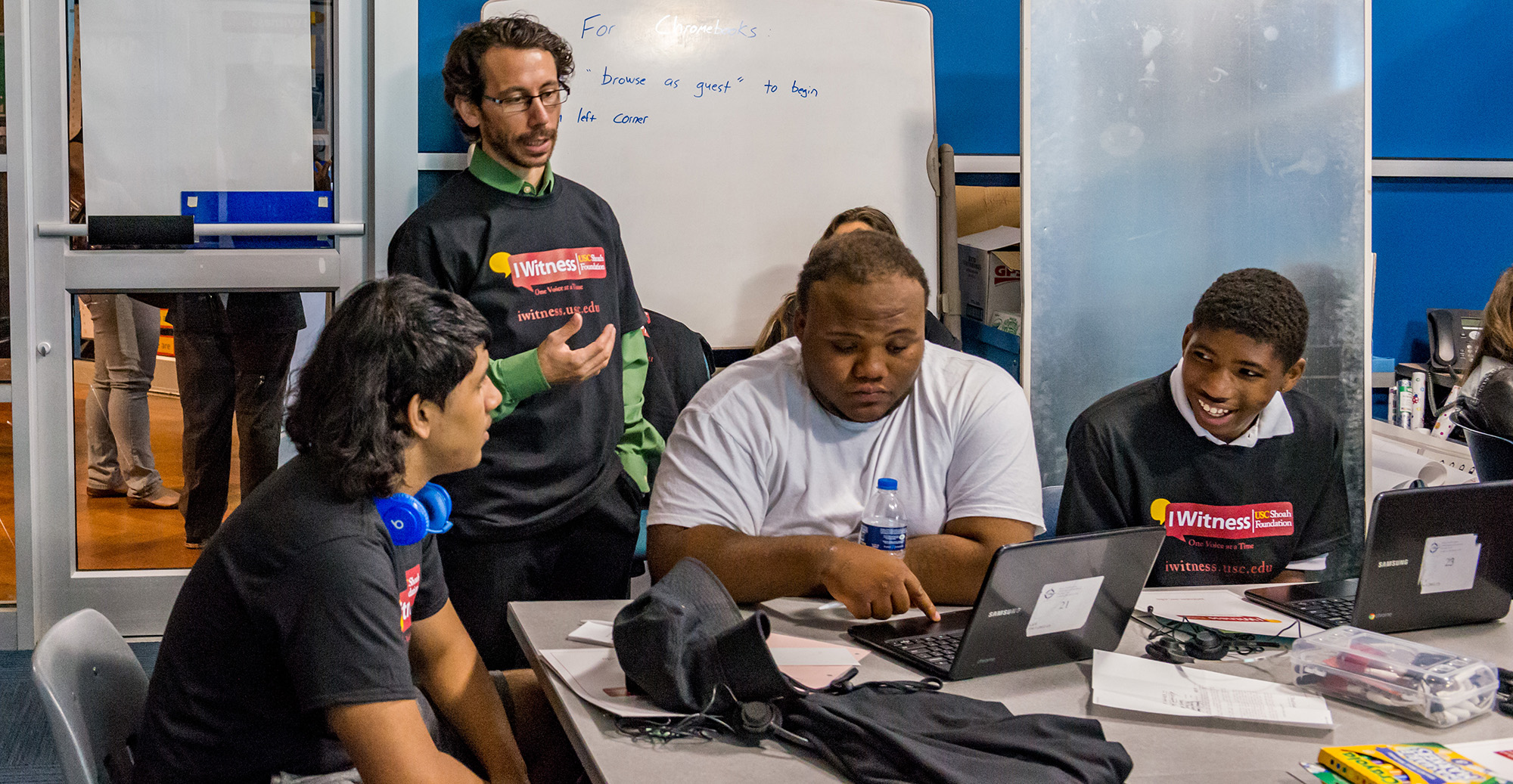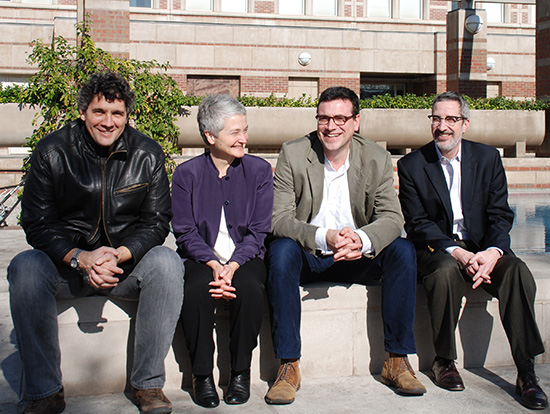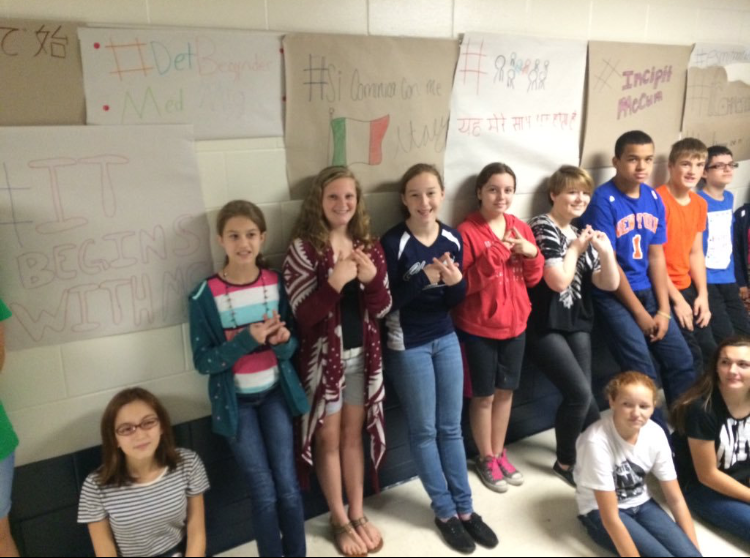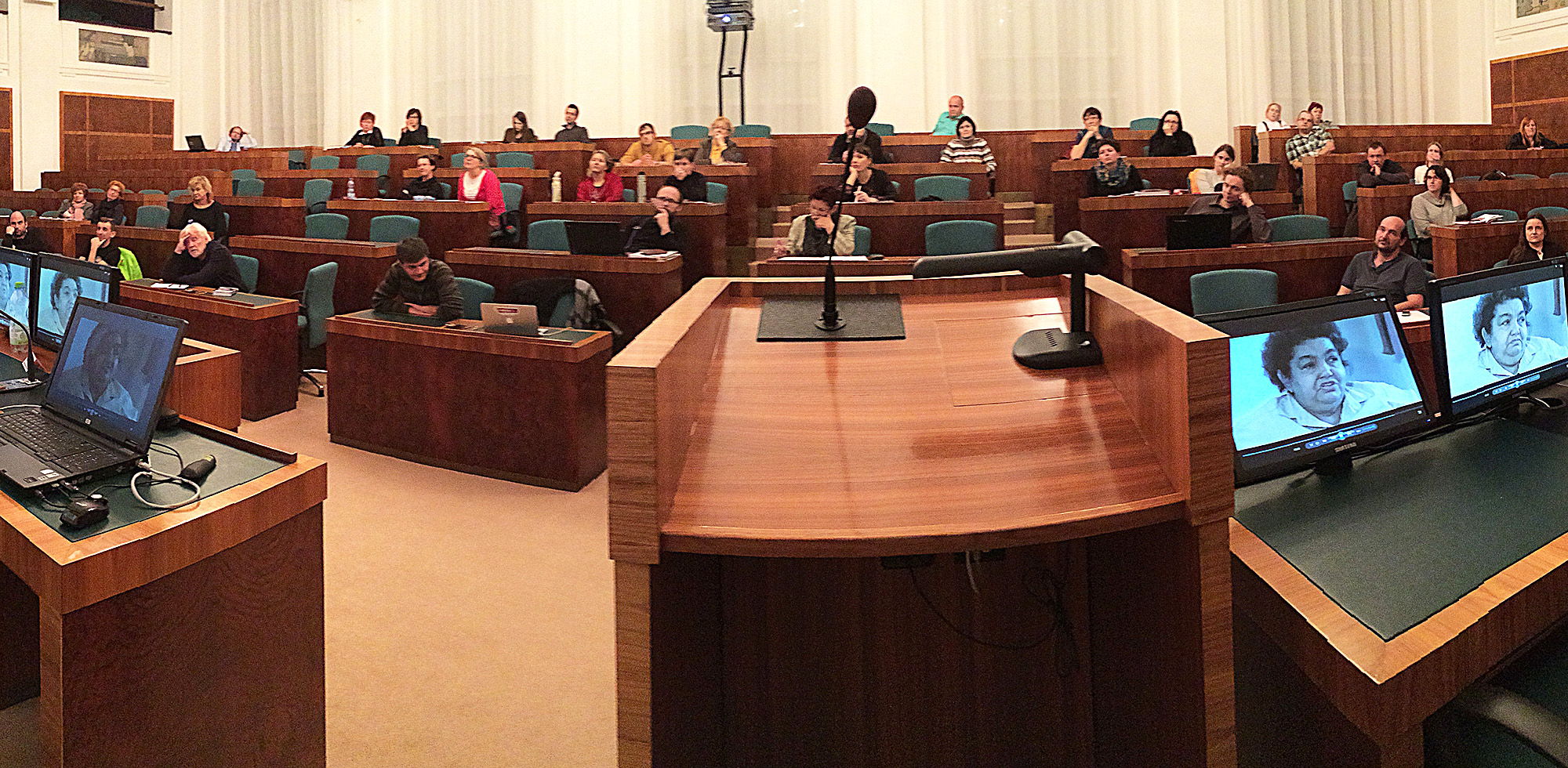News for January 2016
The USC Shoah Foundation Center for Advanced Genocide Research invites research proposals from advanced standing Ph.D. candidates for its 2016-2017 Inaugural Robert J. Katz Research Fellowship in Genocide Studies. The fellowship provides $4,000 support for dissertation research focused on testimony from the Visual History Archive.
/ Tuesday, January 19, 2016
As part of its commitment to serving as an internationally recognized resource and leader in the field of Holocaust and genocide studies, USC Shoah Foundation has established the Robert J. Katz Research Fellow in Genocide Studies.
/ Friday, January 15, 2016
The group aims to discover new insights about movement, spaces and time in Holocaust survivor testimonies.
/ Wednesday, January 13, 2016
A group of educators and community members in Portland, Ore., learned about IWitness and met with Carl and Teresa Wilkens at a special seminar this fall.
/ Tuesday, January 12, 2016
USC Shoah Foundation Executive Director Stephen Smith is part of a group of partners invited to attend the 2016 graduation ceremony at Agahozo-Shalom Youth Village and review the work of their respective organizations in Rwanda.
/ Monday, January 11, 2016
The first IWitness Twitter chat for educators of 2016 will be hosted by Facing History and Ourselves, on Wednesday, Jan. 13 at 4 p.m. PST/7 p.m. EST.
/ Friday, January 8, 2016
The four scholars who two years ago found their research transformed by the Visual History Archive will return to USC Shoah Foundation for a public presentation and a week of conducting new research.
/ Thursday, January 7, 2016
Students all over the world can now complete an IWitness activity about the dangers of being a bystander that was first piloted in the United States and Rwanda.
/ Wednesday, January 6, 2016
USC Shoah Foundation’s international consultants in Poland and Czech Republic ended 2015 introducing the work of the Institute to new audiences.
/ Tuesday, January 5, 2016
As educators, when we go into teaching, we go in with what some might call ideological visions: This concept that we can and will make a difference; this idea that the children we teach will take the lessons we’ve taught and use them to become productive people long after they leave the four walls of our classroom. As we sit here now, reflecting on our most recent efforts to teach the Holocaust in a profound manner that gives justice and honor to the victims of this atrocity, we feel fortunate that such ideologies are being lived in our classroom.
/ Tuesday, January 5, 2016
